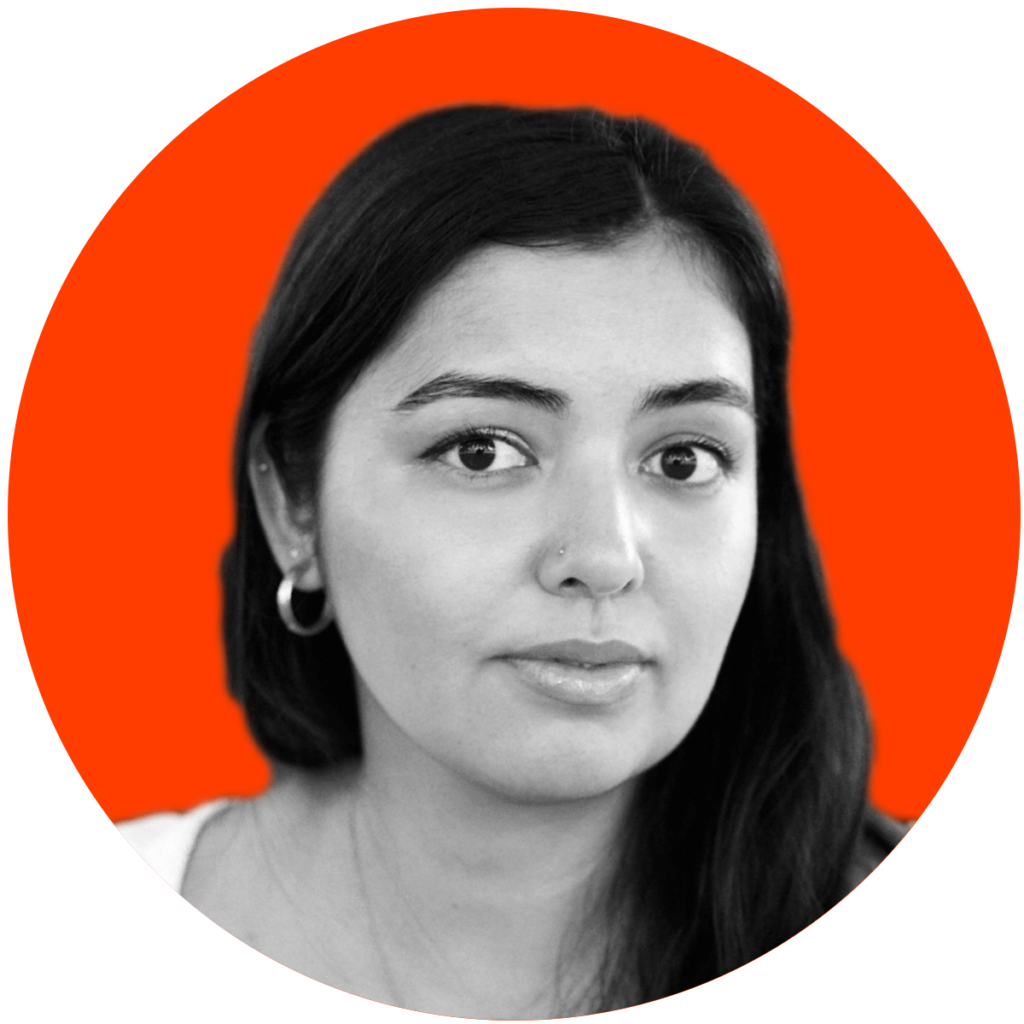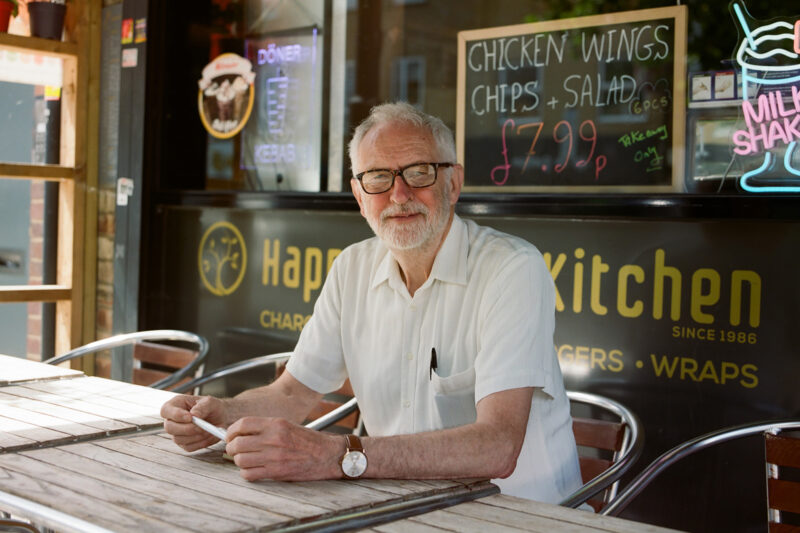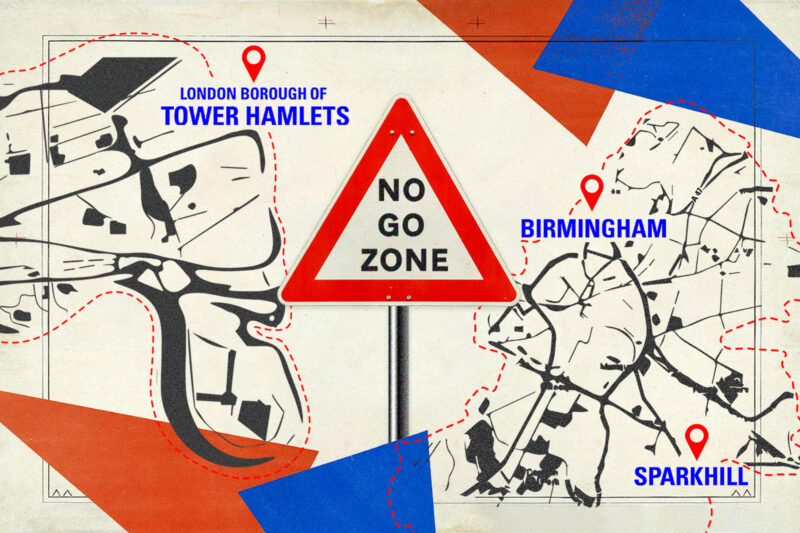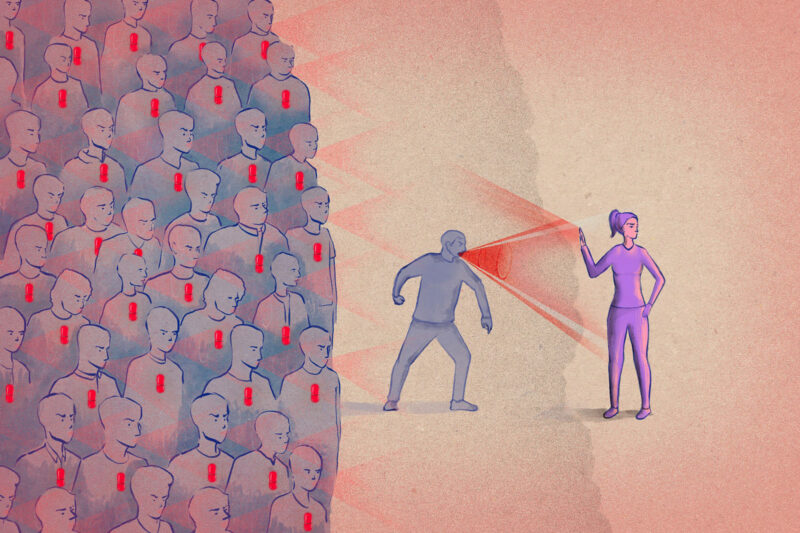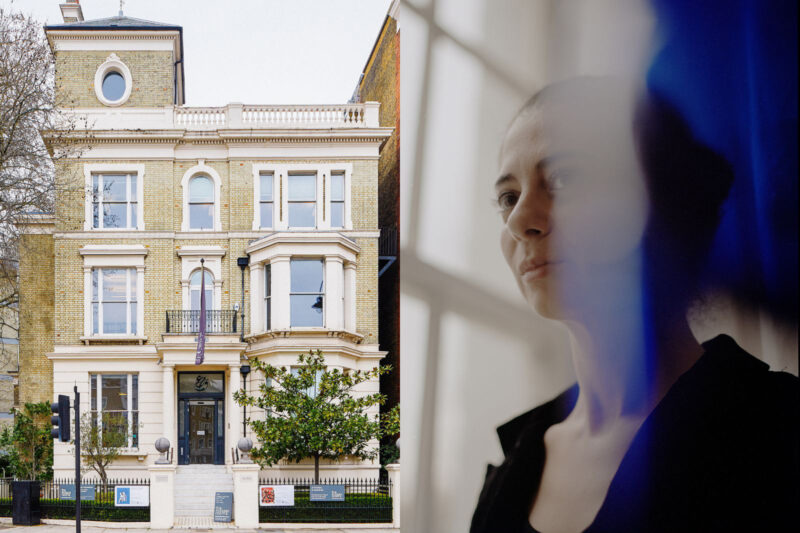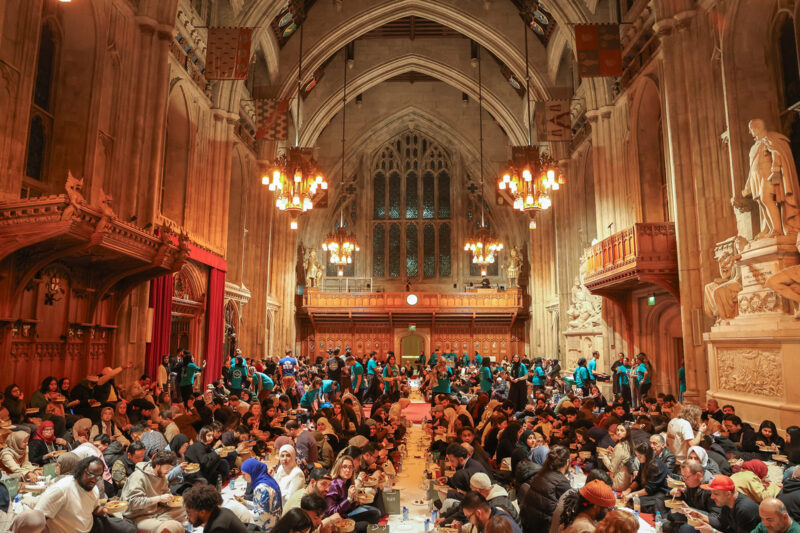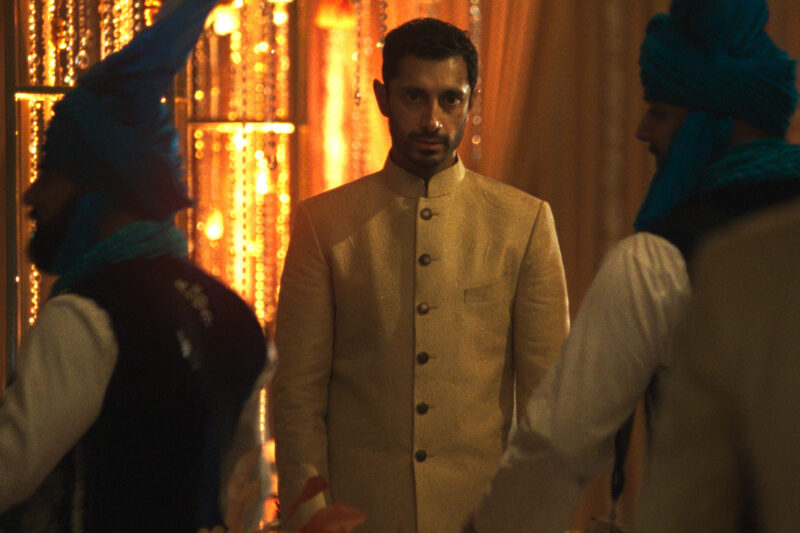‘They didn’t take our faith into consideration’ — how the state failed Grenfell’s Muslim survivors
Facing language barriers in therapy and having to rely on a local mosque for care, Muslims found themselves at the bottom of the pile
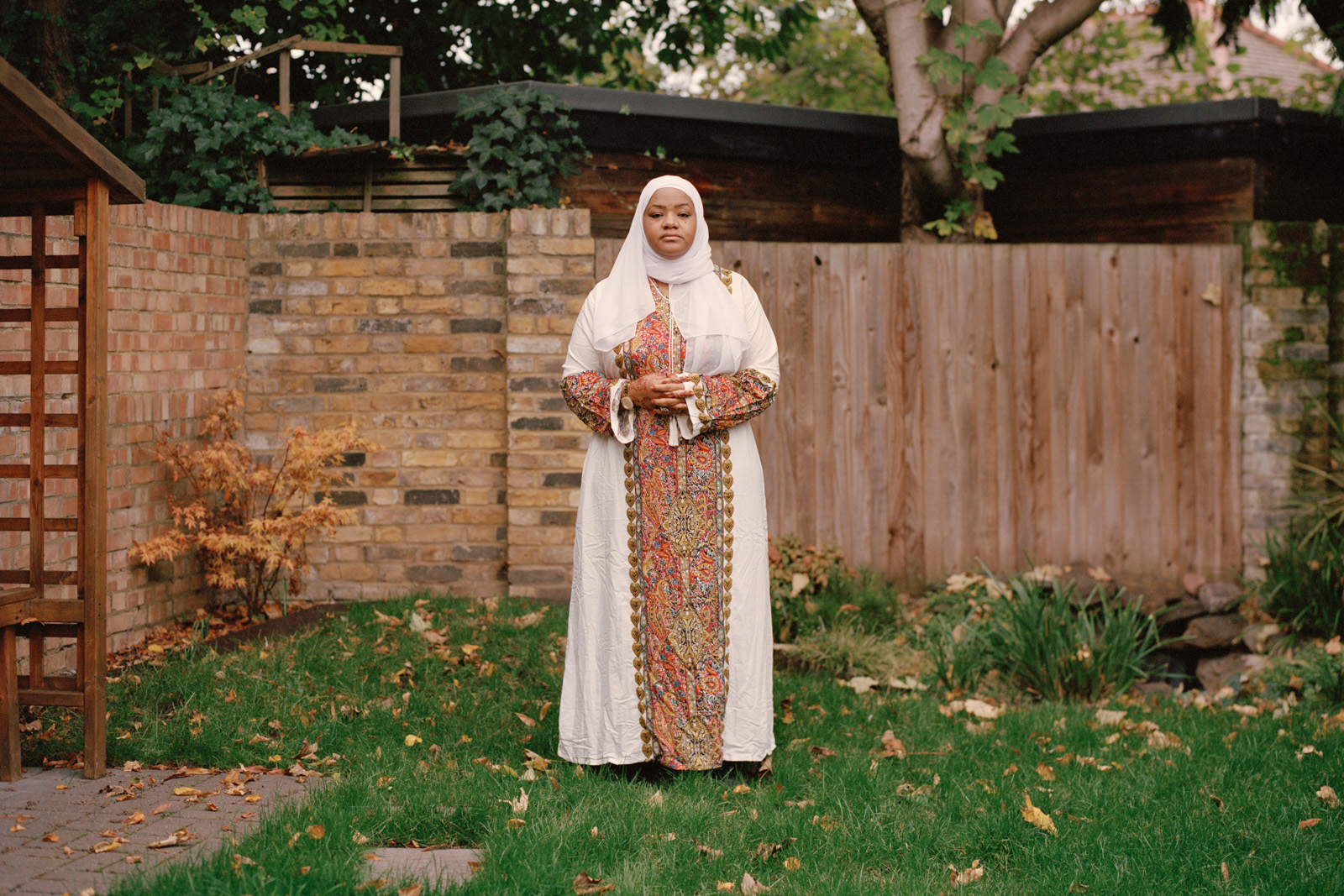
Munira Mahmud believes her neighbours’ screams in the early hours of 14 June 2017 saved her life.
The noise woke her up just as smoke began to fill her family’s fifth-storey flat in Grenfell Tower from the floor below. She grabbed her two young children while her husband, Mohammed, roused his elderly father, who has dementia. All five of them made it down the stairs and out of the building to safety. Seventy-two of their neighbours did not.
It is more than seven years since fire destroyed the 24-storey tower in the inner London neighbourhood of North Kensington. Grenfell was Britain’s worst residential blaze since the second world war. Survivors like Mahmud who still live nearby can’t get it out of their minds. “I think about it all the time,” she said. “My son, who is 12 now, goes to a school next to the tower. This morning, he told me to ask the headteacher if he could use a less crowded set of stairs because the one he is supposed to use reminds him of Grenfell — of the night, the way we rushed down.”
The pain survivors like Mahmud endure stems not only from the disaster but also from the systemic neglect that followed. In the aftermath, Grenfell residents — as many as 80% of them Muslim — were left to navigate public services that seemed to them more focused on deflecting blame than delivering justice. “There was inequality, racism, mistreatment,” she said. “They didn’t take our faith or religion into consideration. They didn’t care.”
The local mosque, three churches and a local youth centre quickly stepped in to fill the void left by the council, providing vital aid and community care. But for some Muslim survivors, seeking help from religious centres wasn’t an option despite these institutions’ efforts.
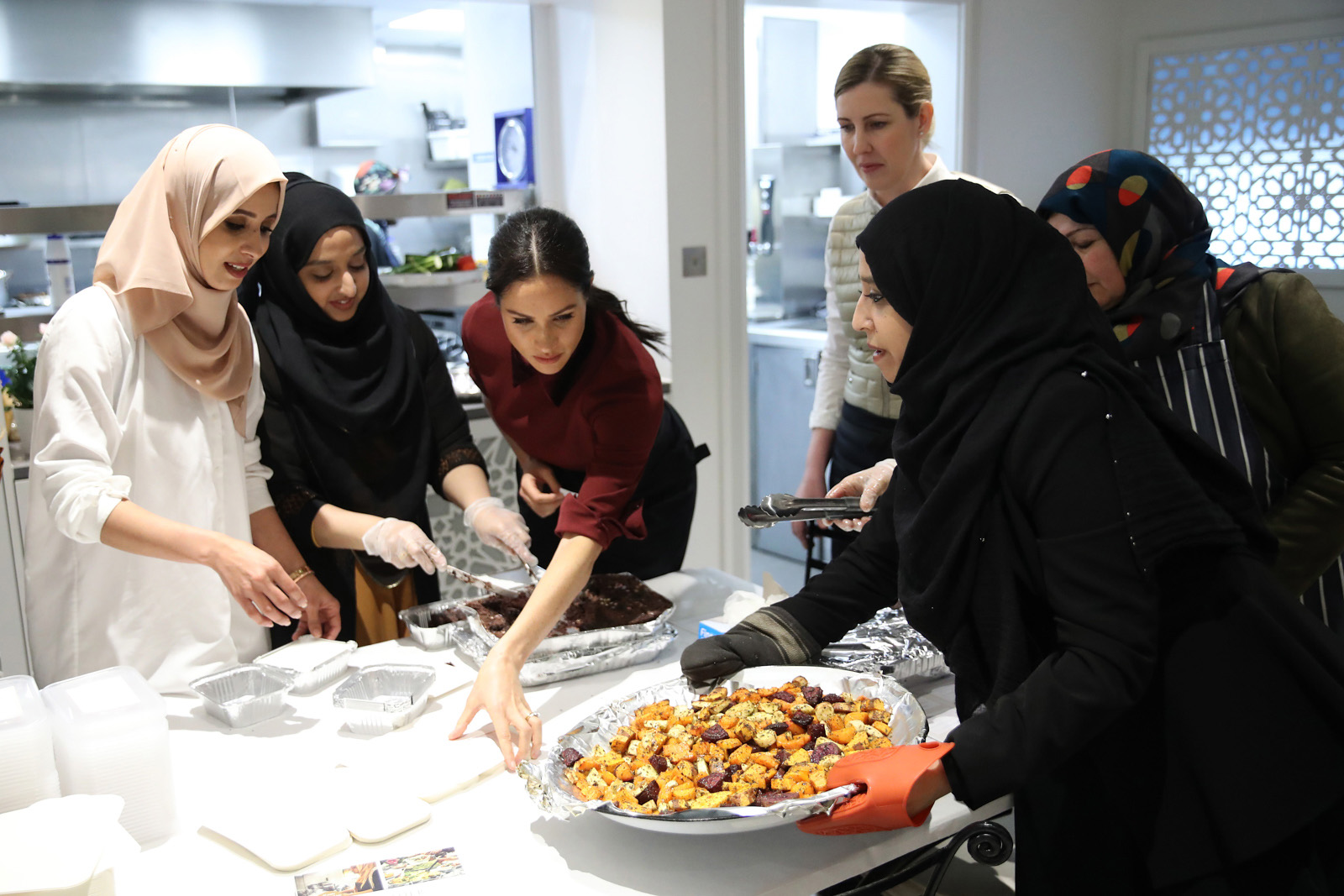
“It was absolute chaos”
As well as losing her family home, Mahmud lost her best friend, Rania Ibrahim, who lived 17 storeys above her on the 23rd floor.
The two had walked their children to school together on the morning of the fire. Rania died with her two young daughters, Fethia and Hania, after being told to stay inside her flat by emergency services. Her husband Awadh Hassan, in Egypt at the time of the fire, told the Grenfell inquiry his life had “fully stopped” since.
Traumatised survivors were in desperate need of comprehensive psychological help, and therapists from Central and North West London NHS Foundation Trust were sent to the scene the morning after the fire. But Mahmud believes the mental health support she was initially offered was not fit for purpose, and that some of the workers she saw lacked sympathy for the traumatic incident she and her family had been through.
She was also deeply frustrated by the constant change in social workers provided by Kensington and Chelsea council. “Once you got comfortable with someone, the council changed them,” she said. Mahmud’s father-in-law was also assigned an occupational therapist who she recalls telling the family they were “too picky”. “It felt like they were doing us a favour,” she said. “That’s the kind of treatment we had.”
For others, the service was even worse. The inquiry found that “many survivors and residents did not hear about the availability of counselling until a considerable time after the fire”, with several not receiving offers of support until two years later. Some could not access help due to language barriers. Others found it too difficult to undertake counselling sessions through an interpreter and stopped attending.
Kimia Zabihyan, a spokesperson for Grenfell Next of Kin – a group representing the bereaved and survivors – worked with hundreds of people for whom language was a barrier in the aftermath, both as a Farsi interpreter and as an advocate. While the NHS actively tried to find therapists for Grenfell survivors — initially by asking every mental health trust in London to put forward a staff member, and later by setting up a dedicated service — Zabihyan says there was little initial take-up of therapy because of cultural and language barriers between the community and the overwhelmingly white mental health workers. The final report from the inquiry also found that, because official communications were released in English, people who couldn’t read English well had “significant difficulty in gaining access to services, which they felt created unfairness”. In some cases, interpreters were provided, but not in the right languages.
The inquiry found “no evidence that any of the decisions that resulted in the creation of a dangerous building or the calamitous spread of fire were affected by racial or social prejudice”, despite the mainly Black and brown faces of the 72 victims. One of the few criticisms it did make around race and faith was that the local council hadn’t adequately supported survivors fasting for Ramadan at the time of the fire. Mahmud says her family had no access to a kitchen for months and eventually spent 19 months in hotel accommodation.
But Zabihyan believes that the issue of institutional racism has been boiled down to the availability of halal food, and thinks the inquiry was “a real missed opportunity for our country to look at systemic racism”.
“It wasn’t just that they weren’t disregarding that particular issue — they were just disregarding everything,” she said. “It was absolute chaos.”
Mahmud and her family, meanwhile, felt like the council had abandoned them during their initial days in hotel accommodation. Instead, it was members of her local community who stepped up, bringing so much food for survivors that they had to be turned away.
The council would eventually spend £406m on response and recovery efforts in the four years following the fire, which included the cost of rehousing survivors, funding mental health support and giving cash grants to those plunged into hardship. But Zabihyan says a clear power imbalance emerged between the survivors and the local authority that, as their landlord, bore much of the blame for the tragedy yet had been left in charge of recovery efforts.
“What they should have done is brought in commissioners to create some sort of barrier and boundary,” she said. Instead, survivors were left to navigate a system they were already apprehensive of. “There was a real fear between the people in need and the authorities that were there to meet that need,” she added. “You had to have an advocate between them.” Without this, she said, people were being “sidelined, marginalised and ignored, depending on who shouted the loudest”, especially in the early days.
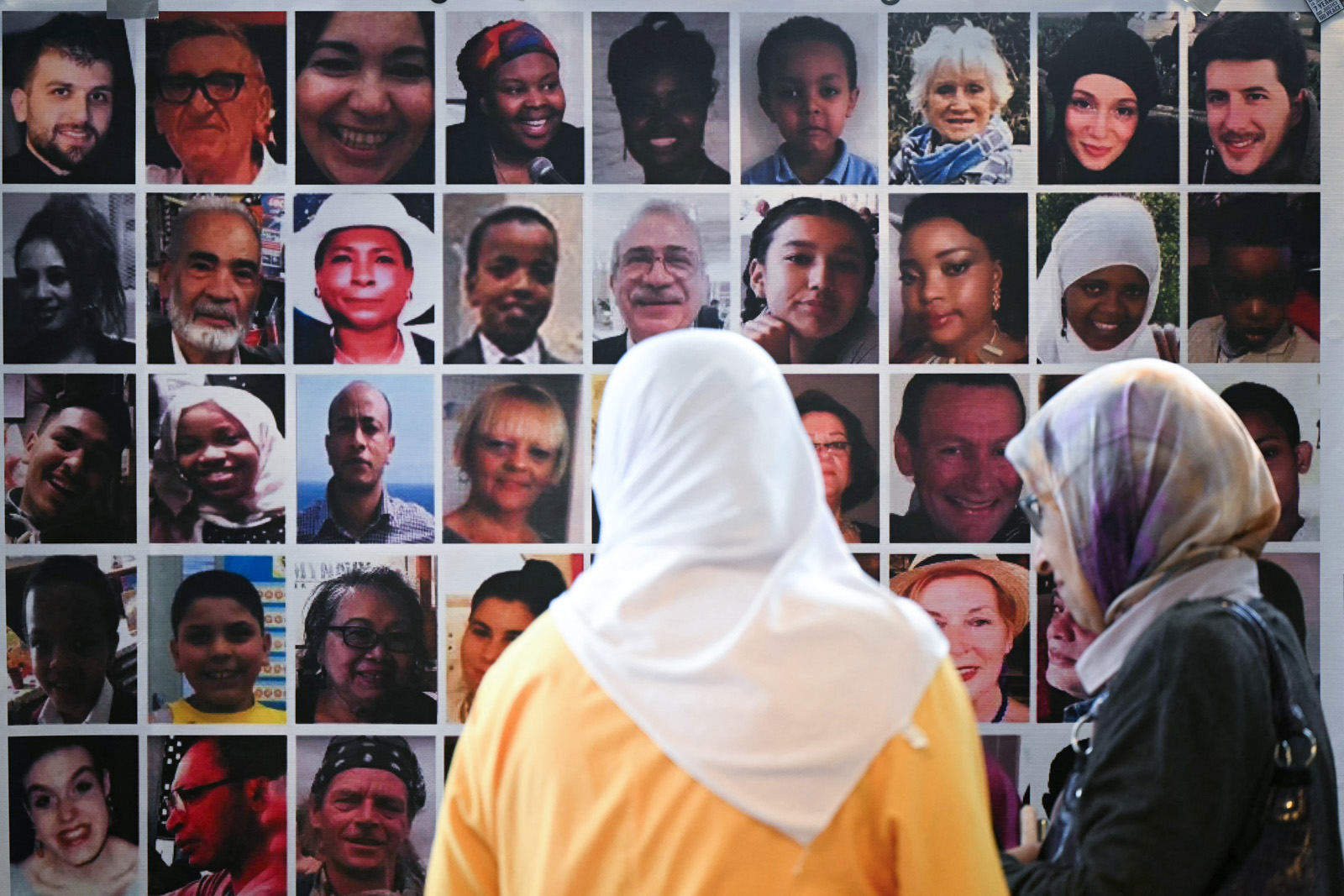
Religious groups stepped up
One local organisation that immediately got involved was Almanaar, a mosque and community centre.
“Whatever was highlighted in that report, everything was already known to the community and to us seven years ago,” said Abdurahman Sayed, the centre’s chief executive, referring to the inquiry’s final report published at the beginning of September. “When the Grenfell fire happened, we immediately decided to open up the doors for any survivor to walk in for shelter. Then, once the local authority took care of the accommodation side of the survivors, we became one of the first and probably the largest distribution or emergency response centres.”
According to Sayed, the council was largely absent while five community organisations involved at the time — including Almanaar, which has about 20 mostly part-time staff — organised the humanitarian response. Three days after the fire, the inquiry heard, Sayed told local councillors that the centre was “struggling to cope with the logistical demands of dispensing large volumes of donations, organising volunteers and providing support to those relying on their services”. Yet despite this request for assistance, Almanaar — some of whose workers had themselves lost family in the fire — received no initial support from the council, which had a workforce of thousands at its disposal.
“We negotiated with the council and NHS to provide therapeutic services because people were still coming to us for emotional support, but our imams and religious leaders weren’t trained in trauma,” he added. Though the NHS gave Almanaar some clinical support, and the council eventually stumped up £50,000 towards the cost of running the therapy service, that still left the mosque to foot the remainder of the £100,000 bill for counsellors, training and admin, Sayed said.
Almanaar did a lot with a little. One key success was the setting up of the Hubb Community Kitchen, a canteen staffed by and for Grenfell survivors. Mahmud founded the kitchen as she had nowhere else to prepare food, and the people who volunteered there eventually compiled a cookbook with 50 family recipes from across Europe, the Middle East, North Africa and the eastern Mediterranean. Mahmud fondly recalls when Meghan, the Duchess of Sussex, volunteered with the cooks at the Hubb and wrote a foreword for the book.
But this doesn’t mean that relying on so many services being provided by a small volunteer-led Muslim community centre was the right strategy. Zabihyan believes the council’s overreliance on religious organisations revealed a reluctance to properly engage with survivors from different backgrounds.
“It became a very lazy way of ticking a box of the state to say: ‘Well, we’ve done our bit because we’ve given them that authority and money to be able to perform that function’,” she said. Yet many who had escaped the fire — particularly the Afghan, Iranian and Iraqi survivors she worked with — didn’t feel comfortable going to a mosque for help because of previous traumatic experiences at the hands of religious groups. On a more basic level, the mosque was Sunni, and some Shia Muslims were also reluctant to go there for help. Zabihyah feels Kensington and Chelsea council treated Muslims as a monolithic group when they were anything but.
“The most overt thing for me was how marginalised the Muslim community were, particularly the women,” she said. “Their marginalisation wasn’t simply because of the way that the authorities were responding, but it was also inherently within the family structures themselves.”
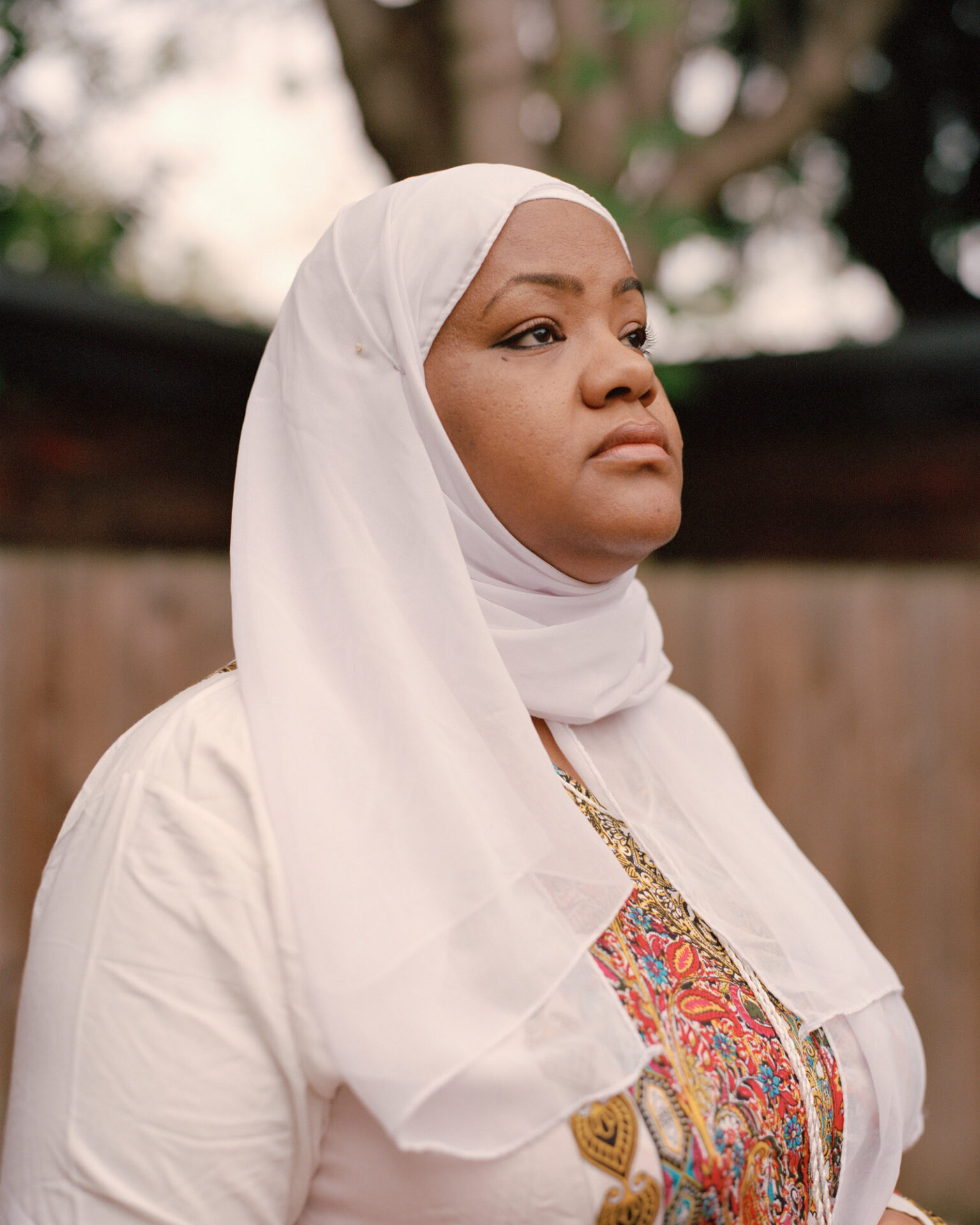
An ongoing injustice
The inquiry’s findings may have provided some answers, but for survivors like Mahmud, justice remains out of reach.
“First and foremost, those responsible should be behind bars,” she said. The Metropolitan Police has said that criminal trials relating to the Grenfell Tower fire will not begin until at least 2027 and could start as late as 2030.
But there is also an ongoing injustice that disproportionately affects Muslim communities, just as the original fire did.
Muslims are more likely than other faith groups to live in social rented housing. Hyphen reported on the eve of the inquiry’s final report that three-quarters of high and medium-rise social housing blocks across England identified as having dangerous cladding in the wake of the Grenfell fire had still not been made safe. In August, more than 80 residents had to be evacuated after a blaze ignited cladding that was being removed from a seven-storey building in Dagenham.
“You need to look at the people still living in danger, in buildings with unsafe cladding,” said Mahmud. “If our government wanted to listen, that’s the first thing they would have done, but people’s lives are still in danger, and that’s not justice.”
Councillor Elizabeth Campbell, the Conservative leader of Kensington and Chelsea council, told Hyphen in a statement: “On behalf of the council, I apologise unreservedly and with my whole heart to the bereaved, survivors and residents of Grenfell for our failure to listen and to protect them.
“The inquiry has laid bare the chain of events that led to that night. We fully accept its findings, which are a withering critique of a system broken from top to bottom. It shows beyond doubt that this council failed the residents of Grenfell tower and the 72 people, including 18 children, who died.
“We failed to keep people safe before and during the refurbishment and we failed to treat people with humanity and care in the aftermath.
“We will learn from every single criticism in the report. We will take time to study it further in detail, listen to the reflections from our communities, and publish a full and formal response in the autumn.”
A spokesperson for Central and North West London NHS Foundation Trust said its Grenfell Health and Wellbeing Service had “worked closely with community partner organisations” including Almanaar to develop “culturally accessible and faith-based mental health support”.
They added: “We put an emphasis on employing people from the area in a way that better reflects the local diversity of the community and we offer interventions in mother tongue languages alongside specialist mental health interpreting services as part of our offer of holistic, person-centred support.
“We know there is still more to do. We will continue to collaborate with the community to help shape further NHS changes across all services to address existing health inequalities.”
 Newsletter
Newsletter

